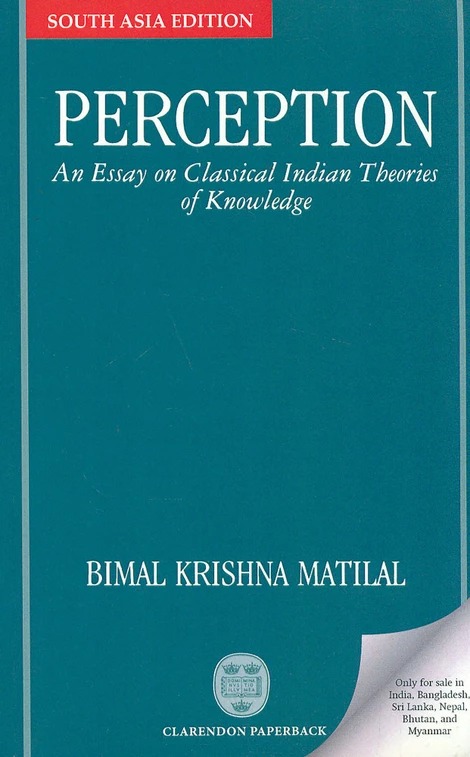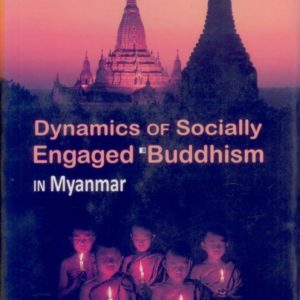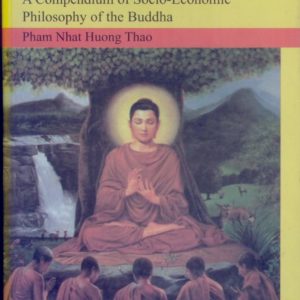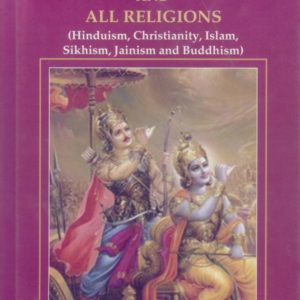Description
In classical India, the Nyaya-Vaisesika school upheld a form of realism, best known as Naive or Direct Realism. Professor Matilal here presents the Nyaya view and critically examines it against the opposing Buddhist version of phenomenalism and idealism. The dispute between the Buddhist and Nyaya schools of thought lasted a little over twelve centuries; and although the author’s approach is largely historical, it is informed by the belief that the issues raised by this dispute have a significant contribution to make to modern philosophical concerns. His reconstruction of Nyaya arguments meets not only traditional Buddhist objections but also those of modern sense-data representationalists. One may understand the history of philosophy in a global sense. The dispute that lasted a little over twelve centuries between the Nyaya and the Buddhist over the nature of perception, the critique and criteria of knowledge, and the status of the external world, is undoubtedly an important chapter in the history of global philosophy. It is author’s firm conviction that modern philosophical discussion stands to be enriched, and our insight deepened, by a proper analysis and critical study by philosophers today. The need for painstaking research in this field can hardly be over-emphasised.





